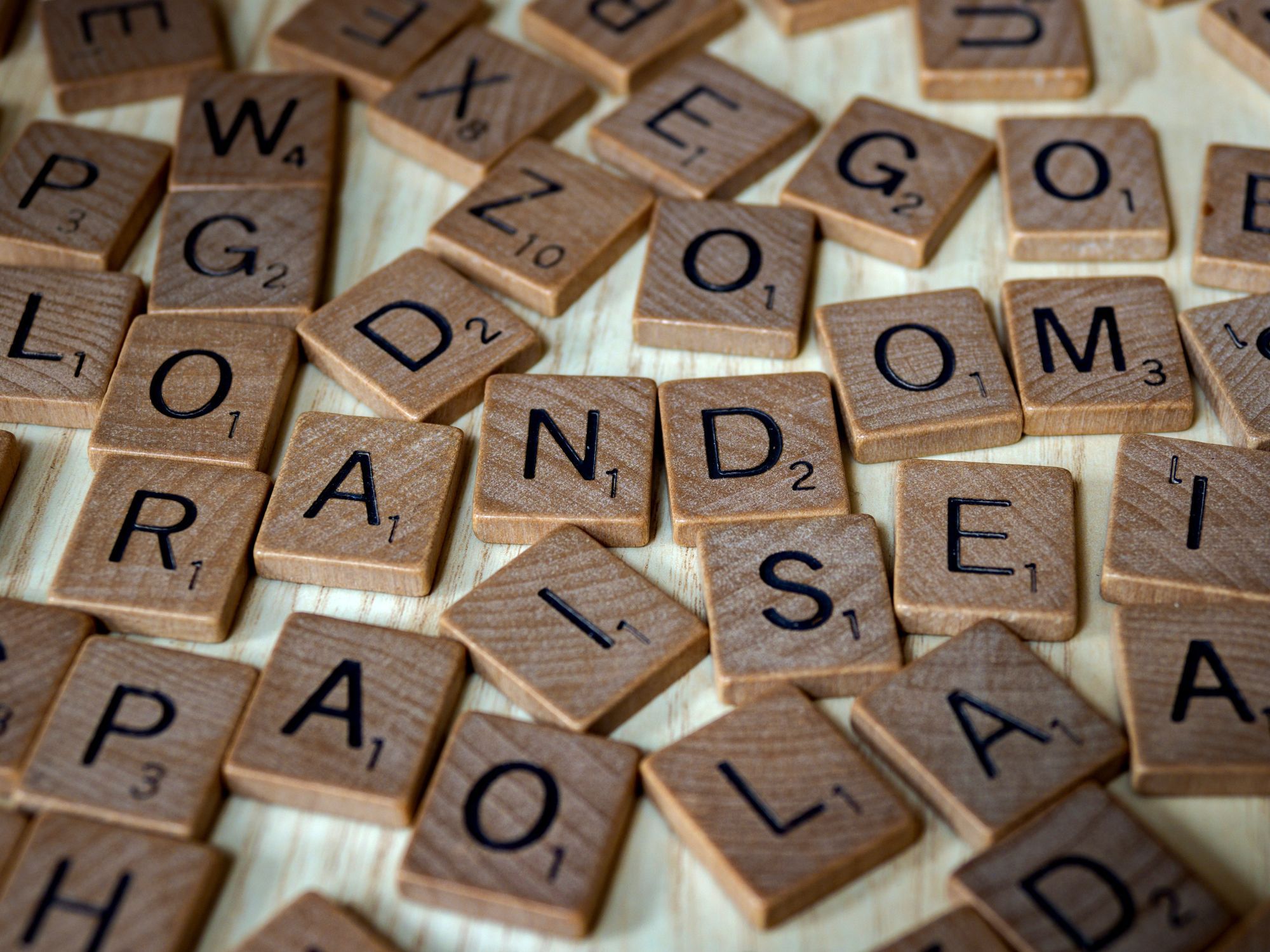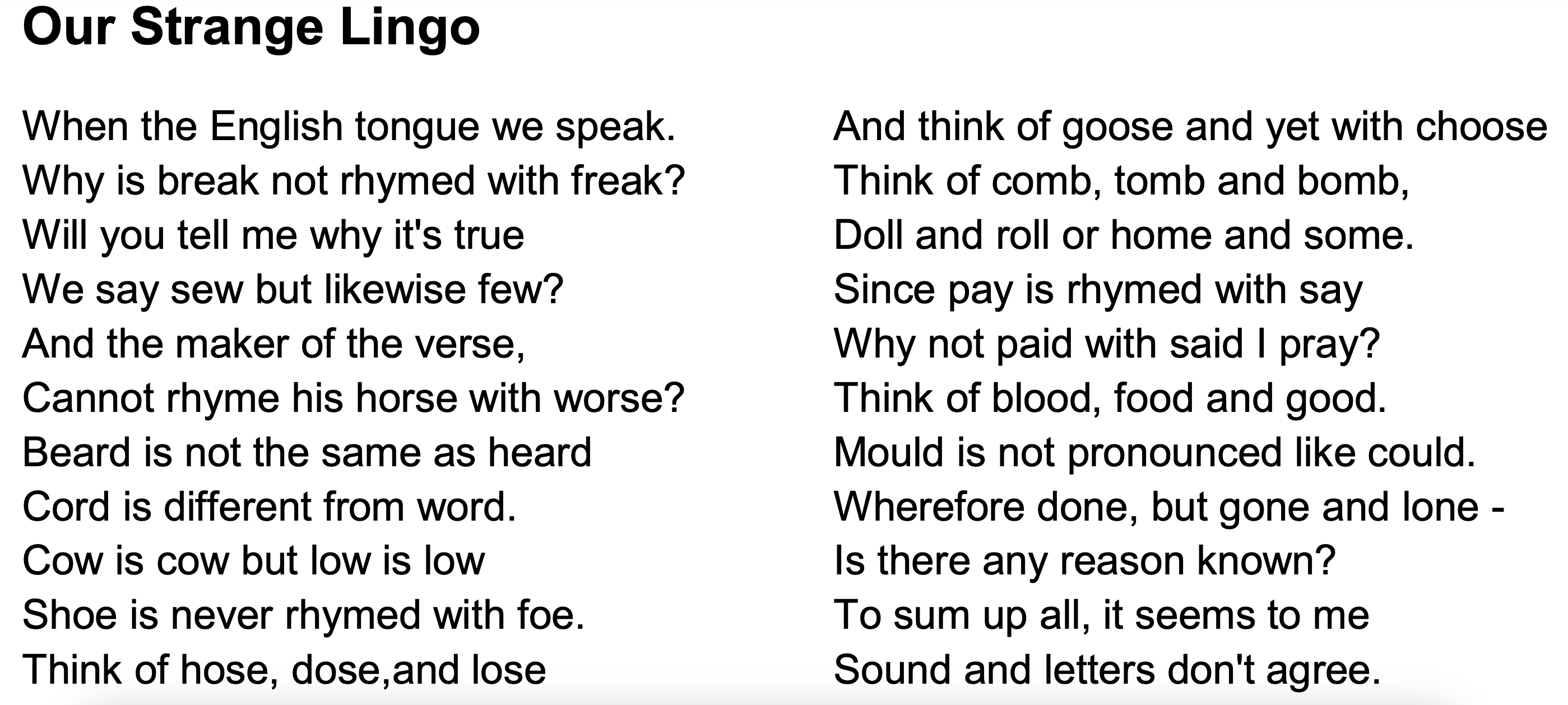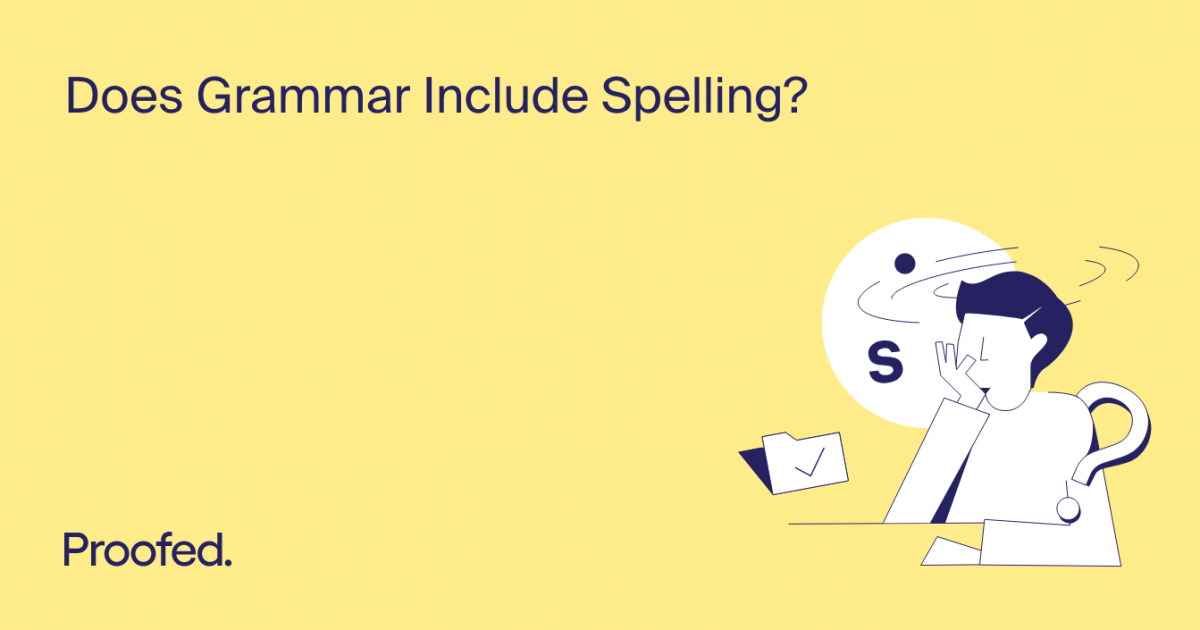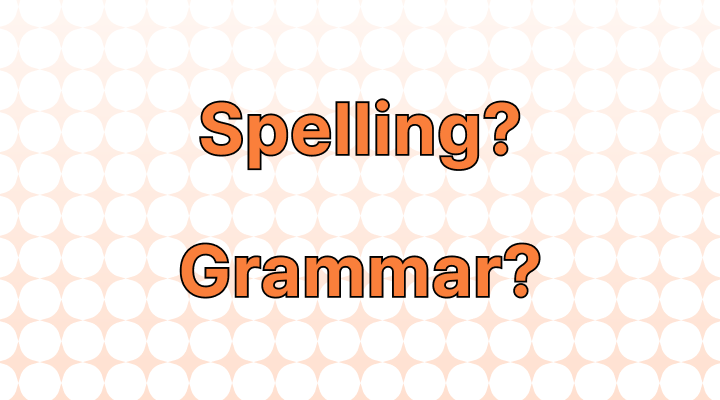Is spelling a part of grammar or are they completely separate? The short answer is they're separate. Spelling only applies to the written representation of language, whereas grammar is a fundamental part of language, whether spoken or written. Let's explore the special relationship between spelling and grammar that makes for effective communication.
What is Spelling?
Spelling is the art of arranging letters in the correct order to form words. We need spelling in order to recognize and understand written words in a consistent way. It's important only for written language, of course, since we don't "see" any words when we speak.

Spelling in English
Spelling is challenging for a lot of English learners and even native speakers, and for good reason. English has 205 different ways to spell 44 sounds. Some experts think that English may be the world's most irregularly spelled language!
"Where," "wear," and "ware" are all spelled differently but sound the same!
There are many funny poems demonstrating the confusing rules and exceptions in English spelling, like this one by Lord Cromer published in 1902.
What is Grammar?
On the other hand, grammar is about the structure and rules governing how words come together to form meaningful sentences. This includes things like...
Subject-verb agreement: "He likes apples," not "He like apples."
Verb tense: "I played golf yesterday," not "I play golf yesterday."
Word order: "a happy person," not "person happy a"
Article usage: "I play the piano," not "I play a piano."
Inversion: "Did she win?" not "She did win?"

Is Spelling a Part of Grammar?
Technically, no. Spelling is only about how words "look" when they're written down, whereas proper grammar is always necessary for spoken and written language. Think about it like this: we could come up with a whole new spelling system. (Just for kicks, let's say we replace all the a's with @ symbols, so "happy" is "h@ppy.") But still, the way we form sentences using proper grammar wouldn't change.
Sure, there are some situations where misspelling something can make a sentence ungrammatical, like if you accidentally forget the "s" for the sentence, "Alicia play[s] the piano." Spelling and grammar have distinct roles, but they work in harmony to make our writing clear and coherent.
The Evolution of Language and Spelling
Language, like all living things, evolves over time. Spelling conventions change as language adapts to the needs of its speakers. "E-mail" used to be spelled with a hyphen, but now, it's "email." Shifts like this demonstrate that both spelling and grammar are ever-changing.
How to Improve Your Spelling and Grammar Skills
Improving both your spelling and grammar can lead to more effective and persuasive writing. The number one way to improve is to read! Reading gives your brain practice with properly spelled and formed sentences so you can use those patterns later in your own writing. Another way is to use an AI proofreader that will give you real-time feedback, wherever and whenever. The faster you find your errors and fix them, the faster you learn. Check out these articles for more tips on how to become a better speller and how to improve your grammar skills.
Write more effectively today with the AI proofreader Engram!

References:
















